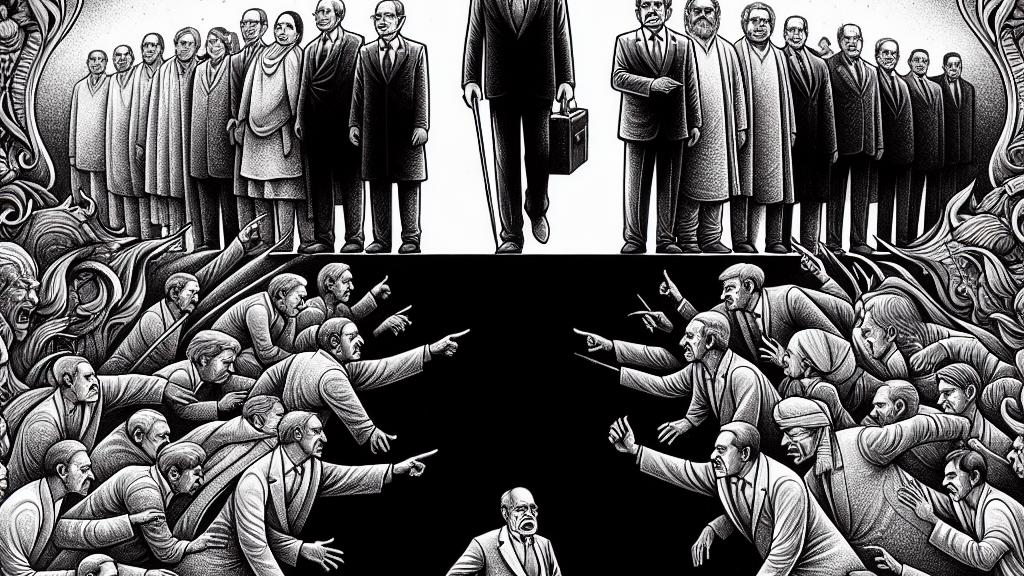Judicial Shake-Up: President's Nominations Spark Controversy in Taiwan!
Overview
- President Lai Ching-te nominates Chang Wen-chen and Yao Li-ming to lead the Judicial Yuan, demanding legislative approval.
- Opposition parties express strong concerns about the nominees' independence and potential political bias.
- The outcome of the upcoming Legislative Yuan vote is critical for Taiwan's democratic integrity and judicial reform.

Political Context in Taiwan
On August 30, 2024, Taiwan witnessed a significant political development when President Lai Ching-te nominated National Taiwan University law professor Chang Wen-chen as the new president of the Judicial Yuan and Yao Li-ming as its vice president. These appointments come at a crucial time as the outgoing officials, Hsu Tzong-li and Tsai Jeong-duen, prepare to vacate their positions after eight years of service. The DPP currently holds a slim majority in the Legislative Yuan, controlling only 51 of the 113 seats, making the confirmation of these nominees particularly challenging. To secure their positions, Lai will need to enlist support from both the opposition KMT and smaller parties, outlining a path that requires strategic negotiation and coalition-building in Taiwan's often contentious political landscape.
Judicial Independence and Challenges
The reaction to Lai's nominations has been polarized, with strong opposition emerging from various quarters. Critics from the Kuomintang (KMT) and the Taiwan People's Party (TPP) have voiced deep concerns that both Chang and Yao lack the necessary independence from political influence, potentially undermining the integrity of the Judicial Yuan. Their apprehensions are underscored by Chang's previous involvement in contentious legal battles that highlight her alignment with the DPP’s goals. As political maneuvering intensifies, the ability of the DPP to navigate this opposition will be put to the test. A failure to achieve the 57 votes required for confirmation would not only stall these appointments but could also damage public confidence in the democratic process and the judiciary’s role as an impartial adjudicator in Taiwan's governance.
The Importance of Judicial Reform
Judicial reform is an urgent priority for Taiwan as it strives to enhance democratic values and uphold the rule of law amid complex historical and political challenges. The appointments of Chang and Yao could catalyze pivotal changes within the Judicial Yuan, influencing issues that range from civil rights protection to checks on governmental power. As Taiwan has navigated its path toward democracy over the last few decades, the impact of these nominations extends beyond individual careers; they embody the broader struggle for a judiciary that is not only independent but also responsive to the diverse needs of its citizens. The impending vote in the Legislative Yuan is thus more than a procedural step; it is a critical juncture that will determine the future trajectory of Taiwan's judicial integrity and the strength of its democratic institutions. Observers will closely scrutinize not only the vote itself but also the subsequent actions taken by the new appointees, as their decisions will resonate throughout Taiwan's political and social fabric.

Loading...